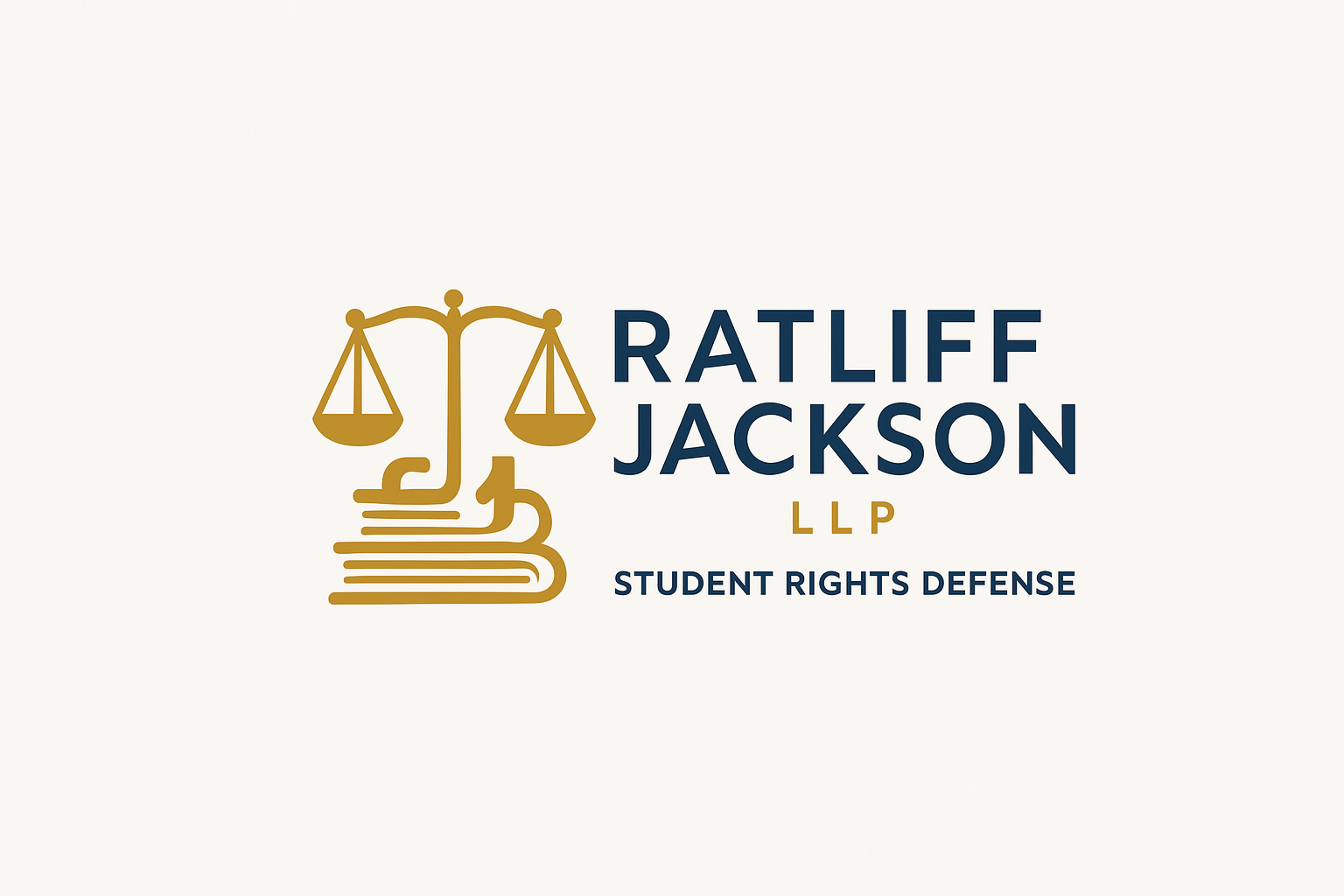Public education in New Jersey is in crisis—but not in the way headlines suggest. Behind every statistic about learning loss or absenteeism is a legal failure: students not being found, supported, or reengaged by the very systems designed to serve them. In this guide, we explain how national and local data point to unlawful education gaps, and how families can use the law to hold school districts accountable.
The Learning Loss Story: New Jersey Scores Are Down, but That’s Not the Whole Picture
A January 2025 report by NJ Spotlight News revealed sobering data: New Jersey students have not recovered from pandemic-era learning loss. Math and reading scores remain well below pre-pandemic levels—particularly for students from low-income and minority backgrounds.
While these outcomes dominate media narratives, they obscure a more fundamental issue: some students never returned to school at all. Their scores aren’t lower—they’re absent entirely from the data. These aren’t learning deficits—they’re enrollment failures.
Who’s Missing—and Why It Matters Legally
A December 2023 investigation by the Associated Press and Stanford University estimated that more than 230,000 students in 21 states were not re-enrolled in any form of education after the COVID shutdowns. These students weren’t homeschooled, transferred, or accounted for in state systems. They were simply dropped from rolls.
In New Jersey, Rutgers Policy Lab documented a disconnect: a rising youth population alongside declining public school enrollment. That gap suggests the presence of structural exclusion—where families tried to return, but were denied or discouraged.
Legal Duties School Districts May Be Violating
Under both state and federal law, school districts cannot passively lose track of children. They have affirmative obligations to identify and serve all eligible students:
- Child Find (IDEA, 20 U.S.C. §1412(a)(3)): Requires schools to actively identify, locate, and evaluate all children with disabilities who are in need of special education services—even if they are not enrolled.
- McKinney-Vento Homeless Assistance Act: Mandates immediate enrollment and services for students lacking stable housing.
- N.J.S.A. 18A:38-25: Requires compulsory attendance for children ages 6–16. But families must have meaningful access to enroll before they can be held accountable.
Failure to fulfill these duties doesn’t just impact learning—it creates grounds for legal action. When a school district denies reentry, fails to provide mandated services, or penalizes families for its own administrative lapses, it may be violating both civil rights law and state education statutes.
Truancy as a Symptom, Not a Solution
Many New Jersey families are shocked to receive truancy summonses for children they’ve been actively trying to re-enroll. When a district fails to process paperwork, misapplies residency rules, or ignores a McKinney-Vento claim—and then refers the family to court—that’s not compliance. That’s institutional blame-shifting.
Truancy laws (like N.J.S.A. 18A:38-25) were designed to address willful absence, not the system’s failure to reengage a willing student. In these cases, legal counsel is not just helpful—it may be necessary to reverse court actions and trigger district compliance.
Policy Implications for New Jersey
The NJ Department of Education has issued updated guidance on chronic absenteeism and post-pandemic attendance recovery. But policy alone isn’t enforcement. Without accountability, schools continue to:
- Deny enrollment based on paperwork hurdles
- Fail to screen for homelessness or disability
- Apply truancy penalties to families they failed to serve
These patterns deepen educational inequity. Low-income families, immigrant households, and students with disabilities bear the brunt of inconsistent or unlawful district practices. The result is not just policy failure—it’s civil liability.
What Families Can Do
If you’re being ignored, blamed, or denied support by a New Jersey school district, you are not powerless. Ratliff Jackson LLP helps families:
- Enforce McKinney-Vento protections
- Demand evaluations and services under IDEA
- Challenge wrongful truancy findings
- File complaints with the NJDOE or Office for Civil Rights (OCR)
- Litigate for unlawful exclusion
We represent families across Camden, Cherry Hill, Trenton, Gloucester County, and throughout South Jersey. Our education attorneys know the law, know your rights, and know how to make school systems follow both.
Your child’s future should not depend on whether a district “keeps track.” If your family has been left behind by enrollment delays, denied services, or threatened with truancy, we can help.
Contact us today for a free consultation. Let us help you get your child the education they deserve—and the law demands.
